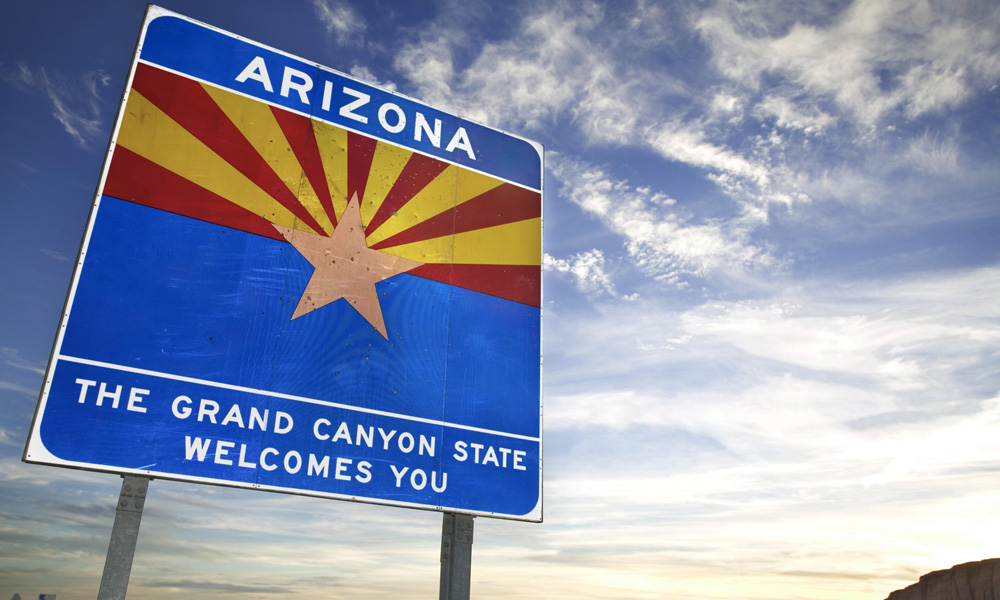
As Bookings Slump, Phoenix CVB Blames State’s Immigration Law
Some meeting planners are skipping Arizona when booking meetings—a trend that hospitality officials are linking to the state’s tough immigration statute.
The conventions industry in Phoenix is experiencing a slump in business, which some are attributing to Arizona’s controversial immigration policies.
The misperception that our city does not value diversity continues to be an impediment to attracting national convention groups.
The Arizona Republic reported that projected bookings for the Phoenix Convention Center for the current fiscal year are down by almost 30 percent compared with 2009, and the city estimates a decrease of roughly 90,000 convention guests from 2009, which will cost Phoenix about $132 million in direct spending.
Comparable cities such as Denver, San Diego, San Antonio, and Salt Lake City have seen either relatively flat numbers or a rebound in their convention bookings.
Although it’s difficult to pinpoint exactly what is causing the decline, convention and tourism officials cite SB 1070—considered the toughest immigration law in the country at the time it was adopted—as a “a frequent issue in discussions with prospective convention groups, including several that have said they will not consider Arizona because of the law.”
Passed in 2010, SB 1070 allows police officers to check the immigration status of any individual they stop and requires officers to detain those they reasonably suspect of being illegal immigrants.
“The misperception that our city does not value diversity continues to be an impediment to attracting national convention groups,” Scott Dunn, a spokesman for the Greater Phoenix Convention and Visitors Bureau, told The Arizona Republic. “In some cases, the damage from what happened in 2009 or 2010 won’t wash ashore until 2013 or 2014.”
Since SB 1070 was passed, several national organizations have canceled events at the Phoenix Convention Center, including Alpha Phi Alpha, the National Minority Supplier Development Council, and the National Council of Teachers of English.
Two years ago, the bill’s passage created an issue for NASPA—Student Affairs Administrators in Higher Education when the organization had to decide whether to cancel its 2012 annual meeting in Phoenix.
“There were two reactions” to the bill within the association, Executive Director Kevin Kruger told Associations Now. “One was we need to think about cancelling the contract and taking the conference to another city. The other position was we should stay and exercise our voice while we’re there about what we considered a social justice issue.”
In the end, NASPA, which has a highly diverse membership, decided to stay in Phoenix to avoid an $850,000 cancellation fee and to speak out on the issue onsite.
“As an educational organization that stands for justice, inclusion, and access to education, as well as analyzing and solving the great challenges of our times, we must make a statement by going together and being very purposely present in Arizona with programs that will educate, enhance the dialogue, and reach a greater understanding on issues of immigration, justice, and human dignity,” Patricia Telles-Irvin, then NASPA’s president-elect, said in a statement.
In case other organizations are less persuaded to book conventions in Phoenix, Mayor Greg Stanton is trying to distance the city from Arizona’s controversial image.
“What you may have read about our [state] legislature, don’t hold against the rest of us,” Stanton said at a recent gathering of meeting planners at the Phoenix Convention Center. “The rest of us, we’re normal. We like diversity.”
(Comstock/Thinkstock)






Comments